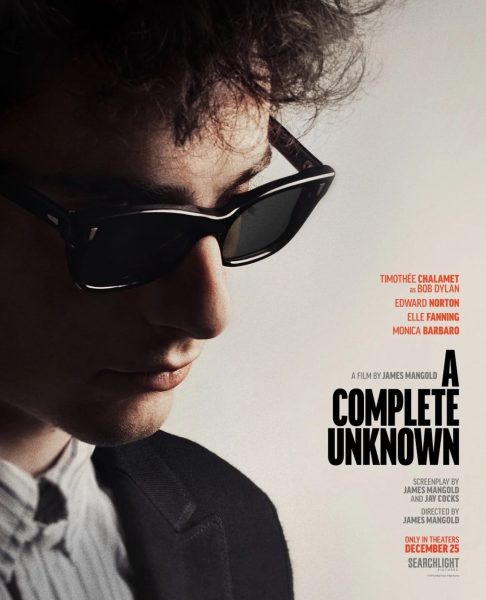A brief defense of the Star Wars prequels
Illustration by Kalyn Giesecke
The head of the all powerful Obi Wan Kenobi, the best character from the Star Wars prequels.
It’s 8:30 at night, and you’re on an airplane hurtling through the air at hundreds of miles per hour thousands of feet above the American midwest. How do you distract yourself from the crippling anxiety, boredom, and inability to sleep (or some combination thereof) that will inevitably plague you throughout this flight? Watch a movie of course! And what movie did I choose to watch when in this exact situation at the tail end of spring break? Star Wars: Attack of the Clones.
At this point you’re probably asking, of all the films you could have chosen, why did you choose one of the Star Wars prequels? The short answer is “because I enjoy them.” Though the prequels have flaws, they have several often overlooked points in their favor.
The Star Wars prequels have been points of great contention within the Star Wars community since their release. While some view the films with fond nostalgia, the prevailing viewpoint is that the Star Wars prequels are terrible. I disagree. Are they good movies? Not by any stretch of the imagination. But do they deserve all of the hate they get? I do not think so.
To digress, the dialogue in the prequel films is horrific, most notably in the first film, The Phantom Menace, especially during the scenes that are supposed to build a romantic subplot between Anakin and Padme. However, there are things I like about the prequels that manage to outweigh these flaws.
Caveats aside, my primary reason for finding the Star Wars prequels even passably enjoyable despite their many flaws is the music of John Williams, who also composed the score for the original Star Wars trilogy. Williams has mastered the art of utilizing music to build tension in a scene and to express the core aspects of a character in just a few notes. If you have never just listened to “Anakin’s Theme”, I recommend that you do.
Music makes a film; without a good score, a film’s enjoyability is drastically reduced. In the case of the prequels, Williams’s work saves the films. While George Lucas might fail to write dialogue that conveys much emotion, Williams composed a score that often says more about the characters than dialogue ever does. When emotion is lacking in an actor’s delivery, the music compensates in the background As I said in my The Rise of Skywalker review, “ Williams…was responsible for any ounce of emotion I felt while viewing [the film].” Such is also the case with the first two Star Wars prequels.
This brings me to my next point. In one of the most iconic scenes from The Phantom Menace, jedi Qui Gon Jinn and Obi Wan Kenobi’s duel with sith Darth Maul, is paired with one of John Williams’s most famous pieces, “Duel of the Fates.” This scene exemplifies everything that works for the prequels, powerful music and well-choreographed, dynamic lightsaber battles.
In contrast to my reasons for enjoying the first two prequels (enjoying the good parts while for the most part ignoring the rest of the film), I actually consider Revenge of the Sith to be a decent film that can stand on its own two feet. The dialogue is mostly tolerable, the characterization is somewhat coherent, and the actors finally figured out how to emote. Two of the best duels in all of Star Wars history take place in this movie, Obi Wan Kenobi vs. General Grievous and Obi Wan vs. Anakin.
When it comes down to it, the music is amazing, the lightsaber fights are exciting, and Obi Wan Kenobi is a badass. For me, these aspects make the Star Wars prequels worth watching, and, if nothing else, they are an excellent distraction from plane flight anxiety.








